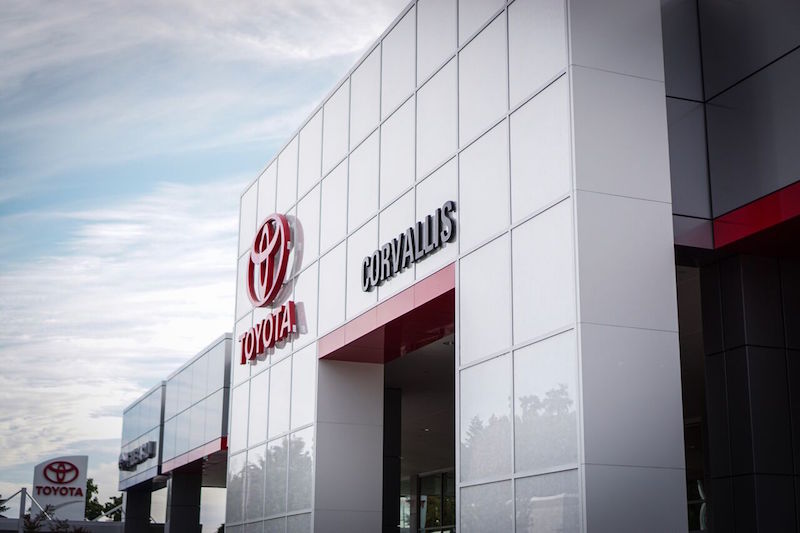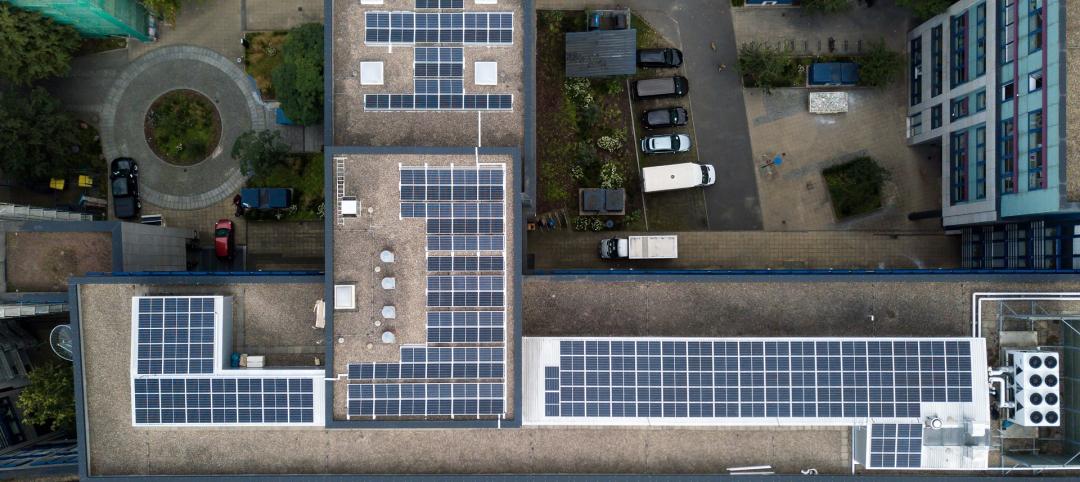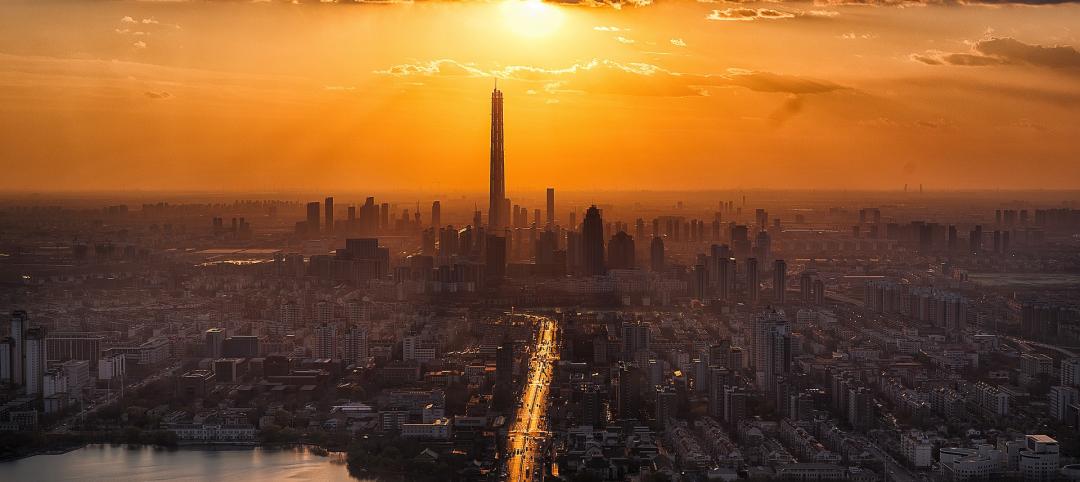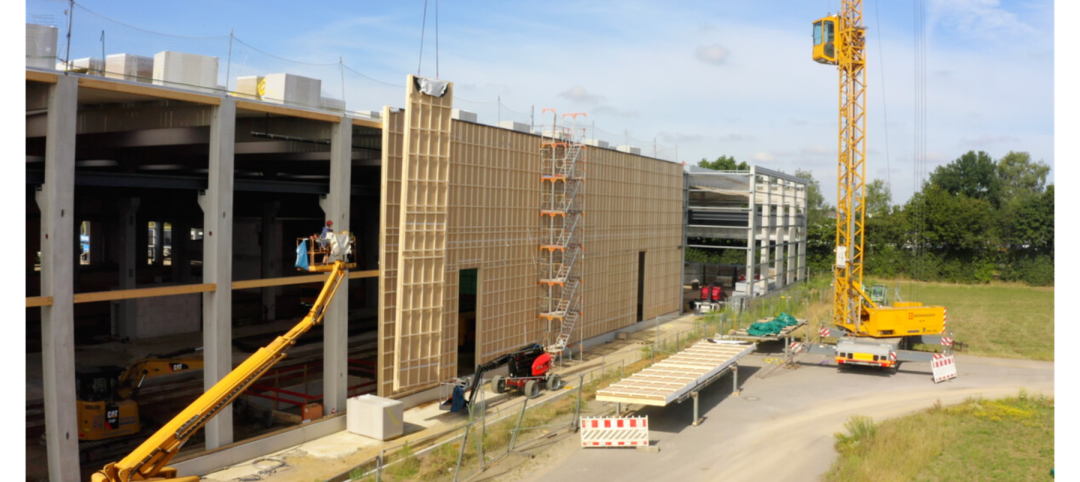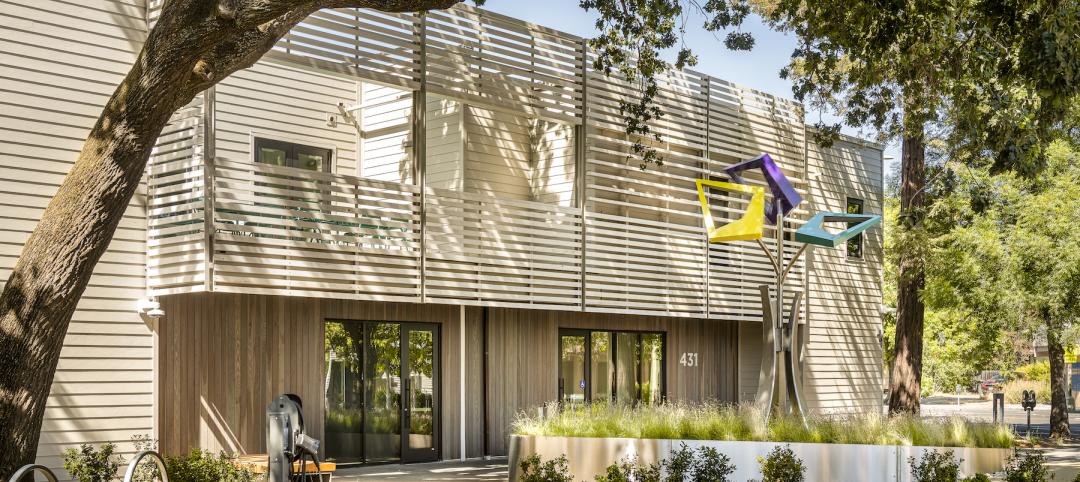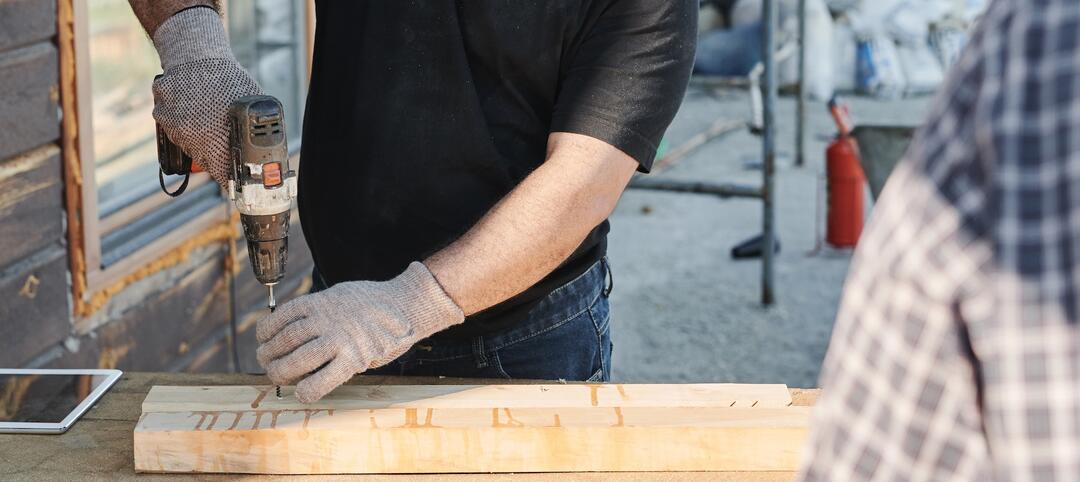Through its use of photovoltaic panels, water harvesting to irrigate the landscape, radiant floor heating, and geothermal heating and cooling, Toyota of Corvallis, in Corvallis, Ore., is looking to become the first net zero energy auto dealership in the world.
A net zero building is one that, at the end of the year, produced more energy than it used. Any excess energy that is harvested is returned directly to the local power grid to help offset local power demands at peak usage periods.
Gensler, the architect of the 34,8000-sf Corvallis facility, will monitor the building and collect data for the next 14 months to ensure the dealership reaches the lofty goal it has set its sights on. In addition to looking to become a certified net zero energy building, the dealership was constructed to adhere to LEED Platinum standards. There are already a few Toyota dealerships around the country with this certification.
The ribbon cutting ceremony for the building occurred in late September and was attended by representatives from both Toyota and Gensler.
"As a design firm committed to constantly raising the bar and leading the charge on the future of sustainable design projects, we are very proud of this project,” says Rick Ferrara, Project Director, Gensler, in a press release. “Not only is Toyota of Corvallis setting a new standard for Toyota, they are leading the industry in a completely new direction."
Related Stories
Green | Nov 13, 2022
NREL report: Using photovoltaic modules with longer lifetimes is a better option than recycling
A new report from the U.S. National Renewable Energy Laboratory (NREL) says PV module lifetime extensions should be prioritized over closed-loop recycling to reduce demand for new materials.
Green | Nov 13, 2022
Global building emissions reached record levels in 2021
Carbon-dioxide emissions from building construction and operations hit an all-time high in 2021, according to the most recent data compiled by the Global Alliance for Buildings and Construction.
University Buildings | Nov 13, 2022
University of Washington opens mass timber business school building
Founders Hall at the University of Washington Foster School of Business, the first mass timber building at Seattle campus of Univ. of Washington, was recently completed. The 84,800-sf building creates a new hub for community, entrepreneurship, and innovation, according the project’s design architect LMN Architects.
Industry Research | Nov 8, 2022
U.S. metros take the lead in decarbonizing their built environments
A new JLL report evaluates the goals and actions of 18 cities.
Green | Nov 8, 2022
USGBC and IWBI will develop dual certification pathways for LEED and WELL
The U.S. Green Building Council (USGBC) and the International WELL Building Institute (IWBI) will expand their strategic partnership to develop dual certification pathways for LEED and WELL.
Wood | Nov 1, 2022
A European manufacturer says its engineered wood products can store carbon for decades
Metsä Wood, a Finland-based manufacturer of engineered wood products, says its sustainable, material-efficient products can store carbon for decades, helping to combat climate change.
40 Under 40 | Oct 19, 2022
Meet the 40 Under 40 class of 2022
Each year, the editors of Building Design+Construction honor 40 architects engineers, contractors, and real estate developers as BD+C 40 Under 40 awards winners. These AEC professionals are recognized for their career achievements, passion for the AEC profession, involvement with AEC industry organizations, and service to their communities.
Green | Oct 5, 2022
In California, a public power provider’s new headquarters serves as a test case for an innovative microgrid and for reducing greenhouse gas emissions
Sonoma Clean Power (SCP), the public power provider for California’s Sonoma and Mendocino Counties, recently unveiled its new all-electric headquarters.
Resiliency | Sep 30, 2022
Designing buildings for wildfire defensibility
Wold Architects and Engineers' Senior Planner Ryan Downs, AIA, talks about how to make structures and communities more fire-resistant.
| Sep 23, 2022
High projected demand for new housing prompts debate on best climate-friendly materials
The number of people living in cities could increase to 80% of the total population by 2100. That could require more new construction between now and 2050 than all the construction done since the start of the industrial revolution.


